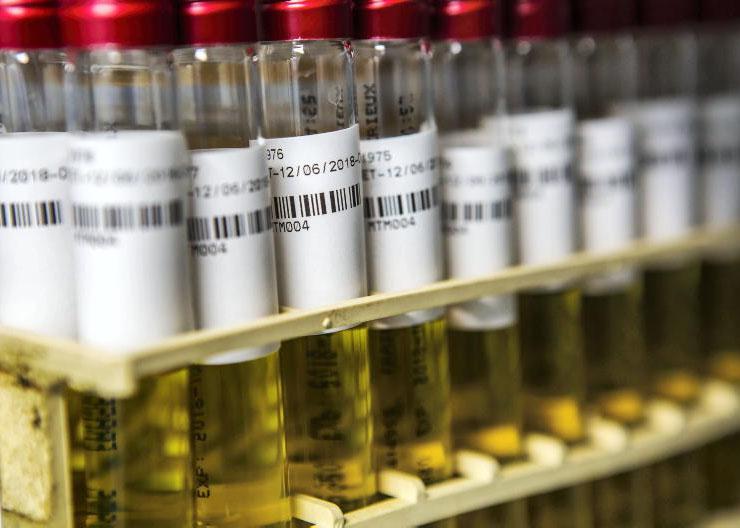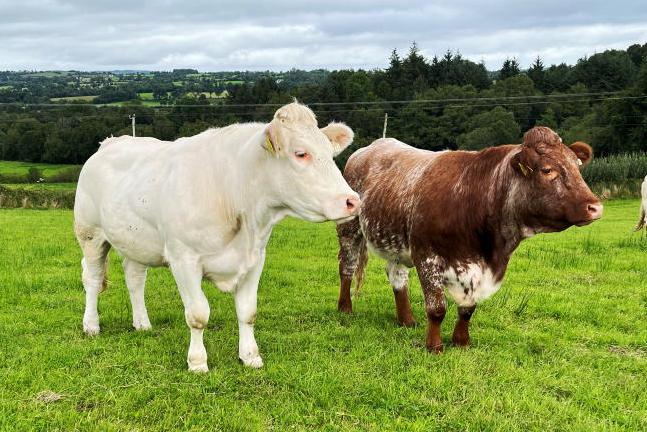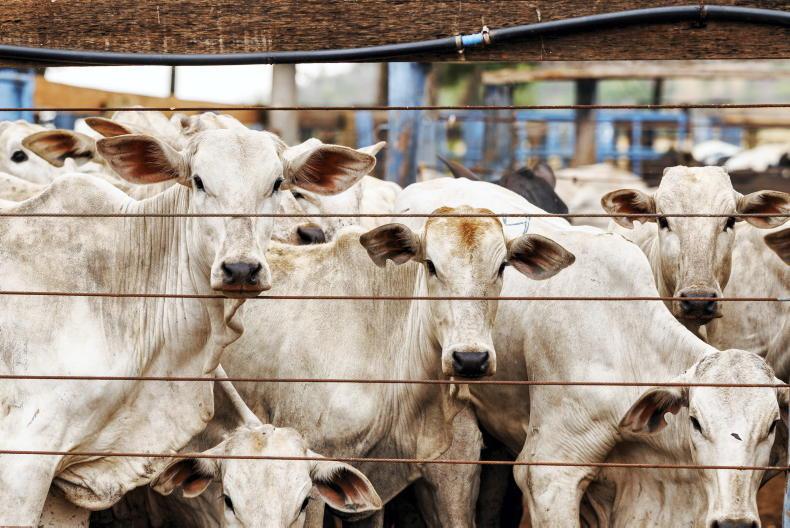DAERA tender for genetics supplier
Potential suppliers have until 1 April 2024 to tender for a DAERA contract to provide various support services to the new NI bovine genetics programme being delivered by industry-led body, Sustainable Ruminant Genetics Ltd.
The tender sets out how a supplier must provide genetic and genomic evaluations, as well as benchmarking services for up to 21,500 potential users. The contract is initially for five years, but with the possibility to extend for a further five-year period. The current estimated budget for the work across 10 years is £36.5m, up to a maximum of £50m.
Reminder on TB consultation
Farmers should note that responses to the DAERA consultation on proposals to cut the amount paid for TB reactor animals closes on Friday, 8 March. If applied, the changes would mean farmers get paid 90% of the value of reactors in the first year and 75% of the value thereafter. The consultation asks whether respondents agree or disagree with the proposal, with the opportunity also provided for “additional comments”. The consultation can be accessed from the DAERA website: https://www.daera-ni.gov.uk.
Fermanagh Show takes a step back
There will be no Fermanagh County Show in 2024 after the Co Fermanagh Farming Society Ltd confirmed the usual format is not sustainable and it is exploring a new way forward. In 2023 the show moved to a new venue at Castle Irvine Estate, Irvinestown, and did attract a large crowd. However, with service costs up by as much as 35%, issues around insurance cover and a general lack of a voluntary workforce, with more farmers now working off-farm, the decision has been taken to look at other options.
“There is also the serious [TB] disease status of herds in Fermanagh to be taken into account and many breeders are cautious when exhibiting quality livestock at agricultural shows,” reads a statement from the society.
While the show isn’t going ahead, there are plans to continue with a schoolchildren competition, as well as the existing suckler cow classic and breeding heifer derby, and also introduce a new commercial sheep flock competition.
Smith confirmed as new LMC CEO
Colin Smith has been appointed as the new chief executive of the Livestock and Meat Commission (LMC).
Smith has been with the LMC since 2012 and served as industry development manager. In September 2023 he was appointed as interim CEO, when previous incumbent Ian Stevenson left to take over as CEO of the NI Dairy Council.
Top of 500gns at Clogher Valley poultry auction
The first auction held by Fivemiletown farmers, Andrew and Sandra Kerr, the owners of Clogher Valley Eggs and Poultry, saw a top price of 500gns paid by a customer from Scotland for a pair of Blue Orpingtons.
The sale, conducted last Saturday at the Beattie pedigree centre in Omagh, saw a clearance of all 250 lots on offer from the business, which specialises in traditional breeds of poultry.
Other top prices saw a Buff Orpington female selling for 300gns, a pair of Black Orpingtons selling for 240gns and a trio of Blue Silkies going for 370gns.
Bird flu threat remains, says chief vet
Avian influenza still poses a threat to the local poultry sector, NI chief vet Robert Huey said.
A case of highly pathogenic avian influenza H5N1 was confirmed in commercial poultry in England earlier this month, marking the first case of the disease in the UK this year.
“The risk of a notifiable avian influenza incursion into the NI poultry flock is moderate, with high uncertainty, with biosecurity continuing to play a key role in the risk posed to each individual flock,” Huey said.
Drop in UK egg self-sufficiency, MPs told
Egg production in the UK has declined due to the industry going through a “torrid time” in recent years, a committee of MPs has been told.
Mark Williams from the British Egg Industry Council estimated that the percentage of eggs consumed in the UK which are produced locally “has fallen back to the mid 80s”.
Speaking in Westminster on Tuesday, he said a range of factors has pushed the UK’s self-sufficiency downwards.
“There was raging inflation post COVID as the world came out of lockdown, Russia’s invasion of Ukraine, the industry transitioning away from enriched cages, […] and it was compounded by avian influenza,” he said.









SHARING OPTIONS